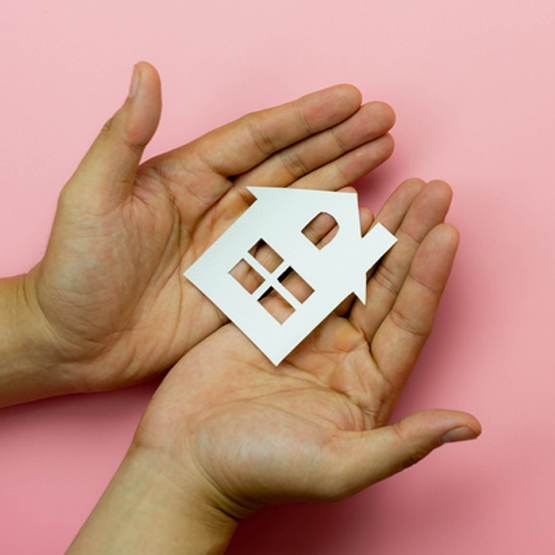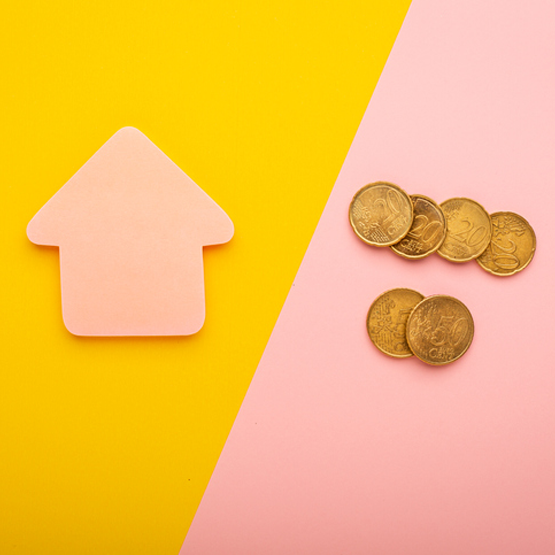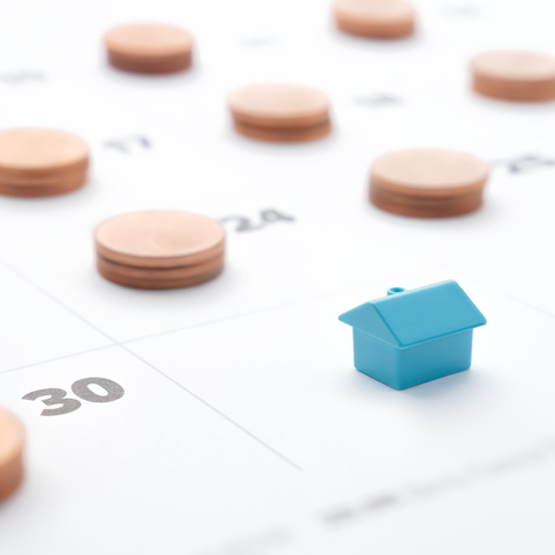We use first and third-party cookies for analytical and statistical purposes and to show you personalised advertisements based on a profile compiled from your browsing habits (e.g. pages visited). For more information, click on our Cookie Policy. You can accept all cookies by pressing 'Accept', you can reject all cookies by pressing 'Reject', or you can customize your choice by pressing 'Manage'.
Young people and first homes
Buy a flat? It's possible
Leaving the nest, giving up sharing a flat with friends or colleagues or thinking about investing for yourself – these are some of the major challenges we have to face at some point in life.
Buying a house, an apartment or any home at first glance is not simple, especially when you are young. In any case, taking into account certain factors can always make it “a little less complicated”; the trick is to set yourself a savings plan for buying a home, assess whether it is the right time for you to get a mortgage or to continue paying rent, how old you are, job security, and more...


The current environment
How to save to buy a house?
-
First of all, we can start by renting a modest apartment that lets us save to meet the initial outlay and down payment for our own home.
-
Remember that the first home we buy will quite possibly not be the house of our dreams or our final house... but it will be one we can afford
-
A bridging loan might be an option to help in obtaining financing for the purchase in certain cases.
-
If we have debts, we will need to reduce them.
-
It will be good to avoid any day-to-day expenses that we can do without.
-
Lastly, we can arrange some financial savings products to help us: savings accounts, bank deposits...
Recommendations for getting a house at a good price
The neighbourhood is your home too
The condition of the property.
Not too far away or wasting much time
House in Madrid or house in Alicante
An expert's opinion to clear up any doubts
Think about today, tomorrow and the day after...

What grants and youth housing programmes are there?
- We will have to consult the State Housing Plan 2018–2021 (extended until 2022) for under-35s and for homes in municipalities with less than 5,000 inhabitants. It also finances grants for home maintenance grants and for the purchase of second-hand homes.
- We can benefit from deductions on the tax on property transfers (ITP), which must be paid when you buy a second-hand property.
- Some autonomous communities contemplate deductions on personal income tax (Castilla y León, the Basque Country, Extremadura, La Rioja and Murcia) and some municipalities even have their own home rental and purchase programme for young people.